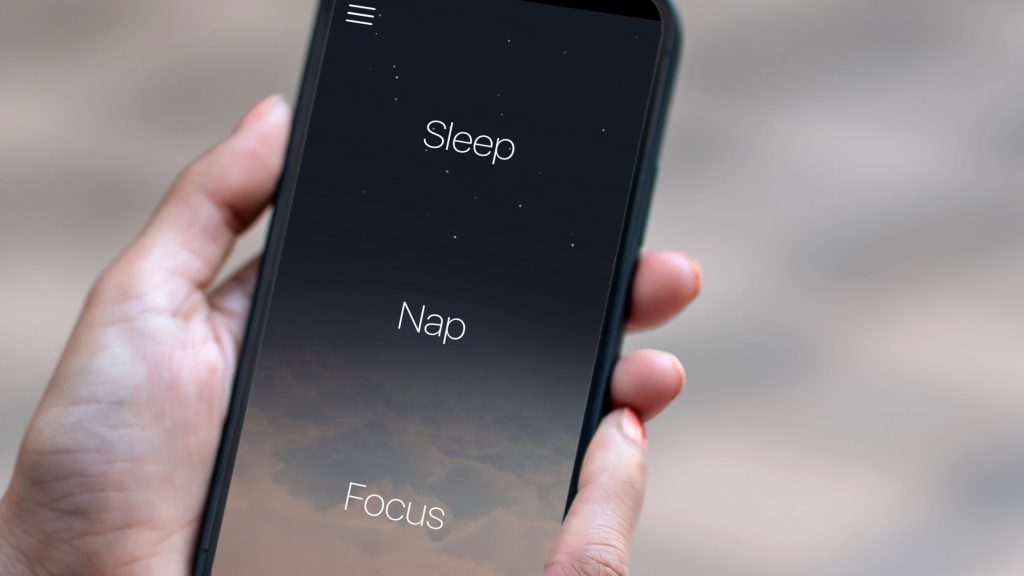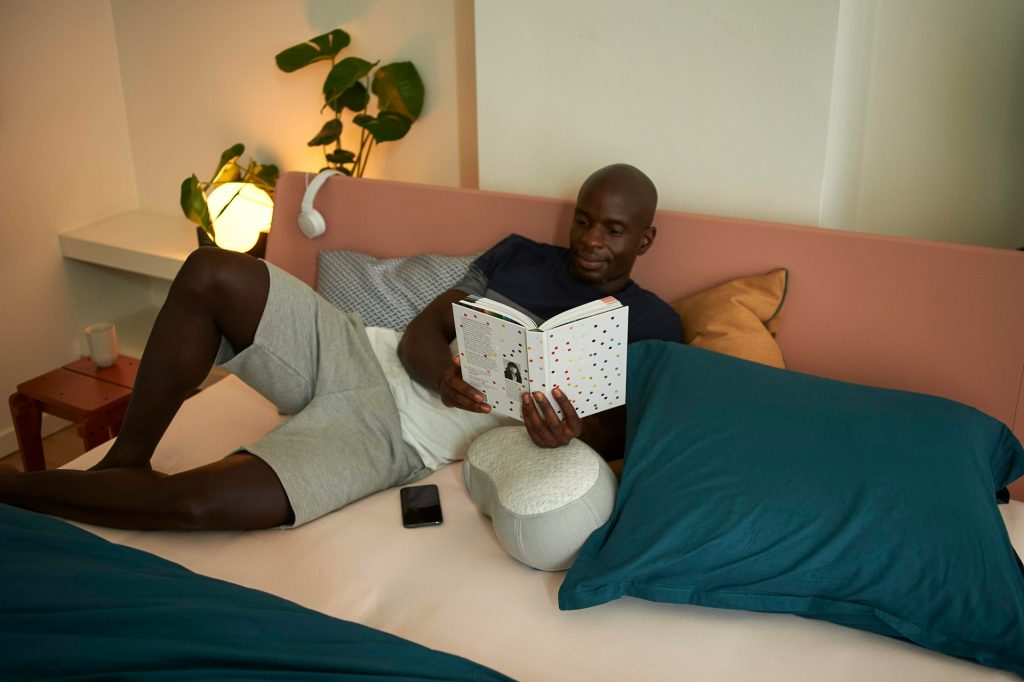Table of Contents
Your bedtime scrolling habit could be adding years to your face, and scientists are now sounding the alarm about this hidden aging accelerator. Those blue light waves emitting from your screens don’t just disrupt sleep – they penetrate deep into your skin layers and trigger damage that rivals UV exposure.
Recent research reveals that the average American spends over 7 hours daily staring at screens, essentially bathing in a type of radiation our bodies never evolved to handle. The most shocking part is that this digital glow affects more than just your appearance – it’s fundamentally altering your body’s natural aging processes from the cellular level up, creating what dermatologists now call a “screen face.”
The Dark Side of Digital Light
Remember when our biggest skin concern was getting too much sun? Those were simpler times before we understood the silent damage happening every time we checked our notifications. Today, we’re bathing in blue light for an average of 13 hours daily between our phones, laptops, and TVs, with each device emitting the type of high-energy light our ancestors never encountered.
This high-energy visible (HEV) light penetrates deeper into the skin than UV rays, triggering oxidative stress that breaks down collagen faster than natural aging ever could. A shocking study from Unilever found that just 5 days of exposure to blue light caused the same damage as 5 days of sitting directly in the sun, revealing how this invisible threat has been accelerating our aging process right under our noses.
The Sleep-Beauty Connection Nobody Talks About

That late-night Instagram session isn’t just entertaining you – it’s sabotaging your beauty sleep in ways most people have never considered. Blue light tricks your brain into thinking it’s still daytime by suppressing melatonin production, disrupting the crucial overnight repair processes your skin depends on to recover from daily stressors.
Without proper sleep cycles, your skin cells can’t properly regenerate, leading to a cascade of issues that become visible within days: poor moisture retention creates dry patches, healing of minor blemishes slows dramatically, and cortisol levels rise to break down precious collagen faster. “I started noticing dramatic changes in my skin texture just two weeks after implementing a digital curfew,” shares dermatologist Dr. Rebecca Chen, who reports that her patients consistently show visible improvements equivalent to “looking five years younger within a month” after reducing evening blue light exposure.
The Digital Aging Timeline
Want to know exactly how screens are impacting your face? The progression happens faster than most people realize, and understanding it could save your skin years of premature aging. In just the first 1-2 years of heavy screen use, subtle dullness appears as cellular turnover slows, while fine lines begin forming around the eyes where the skin is thinnest and most vulnerable.
By years 3-5, those minor changes evolve into more visible concerns as hyperpigmentation patches develop from melanin disruption and your skin’s protective barrier function weakens, leading to increased sensitivity, persistent redness, and inflammation that’s difficult to reverse. After 5+ years of continued exposure, the damage becomes structural: deep wrinkles form as collagen and elastin fibers break down at an accelerated rate, and the supportive fat pads under your eyes begin depleting faster than they should, creating hollow areas and shadows that significantly age your appearance. The most concerning part is that this timeline happens at roughly double the speed of natural aging – meaning you could look a decade older than your actual age simply from the cumulative effects of your screen time.
The Blue Light Protection Plan
Before you panic and throw your phone into the ocean, know that you can fight back against digital aging. These strategies work:
1. Create a Digital Shield for Your Skin

Your current skincare routine likely lacks essential blue light protection, which may help prevent accelerated aging of your skin. The most effective ingredients aren’t always the priciest. Seek products that contain niacinamide (which shields against surface damage from screens), vitamin C (which neutralizes the free radicals caused by blue light exposure), iron oxide (found in tinted sunscreens that physically block blue light), and antioxidants like resveratrol and green tea extract (which repair existing damage at the cellular level).
The game-changer many people overlook is consistency and timing: applying these protective ingredients in your morning and evening routines creates a continuous shield since blue light damage accumulates throughout the day, and its effects can linger in skin cells for hours after exposure ends. Products that combine multiple protective ingredients in a single formula offer the most comprehensive defense, especially those specifically designed to combat digital aging rather than just UV damage.
2. Transform Your Devices

Technology created this problem – it can also help solve it without requiring you to disconnect completely from the digital world. Install blue light filters on all your devices as your first line of defense – both iPhones (Night Shift) and Android phones (Eye Comfort) have built-in settings that reduce blue light emissions, while computers can use f.lux or built-in night modes that automatically adjust color temperature based on the time of day.
Don’t forget that brightness levels matter too – keeping your screen at 50% brightness instead of 100% can cut blue light emissions nearly in half while still allowing you to see everything. The 50/10 rule works wonders for both your eyes and skin – for every 50 minutes of screen time, take a deliberate 10-minute break where you look at something natural and distant, giving your entire system a crucial recovery period from the constant bombardment of artificial light wavelengths.
3. Rewire Your Digital Habits

Small behavior changes yield massive results, and the most effective anti-aging trick might be completely free. Try implementing a strict 90-minute digital detox before bed to allow your natural melatonin production to normalize, improving sleep quality and giving skin cells the optimal repair time they need to offset daytime damage. Creating designated phone-free zones in your home – especially the bedroom and dining areas – can automatically reduce your daily exposure by several hours without requiring constant willpower or reminders.
“The patients who see the most dramatic reversal of digital aging are those who change their relationship with screens, not just apply expensive products,” notes celebrity esthetician Joanna Vargas, who recommends replacing bedtime scrolling with a brief facial massage to boost circulation. Consider using a basic alarm clock rather than your phone for waking up, which eliminates the temptation to check notifications first thing in the morning and last thing at night when your skin is most vulnerable to disruption.
Beyond Vanity: The Whole-Body Impact
This isn’t just about looking younger – blue light disruption affects your entire body in ways scientists are only beginning to fully understand. Those frequent screen headaches and eye strain you experience are directly connected to the same wavelengths of light affecting your skin, creating a compounding effect that extends to long-term eye health and potentially accelerates serious conditions like macular degeneration.
Your metabolic processes are being silently altered with each late-night scrolling session, as research from Harvard Medical School found that disrupted circadian rhythms from blue light exposure slow metabolism, influence hunger hormones, and significantly increase the risk for weight gain and related health issues. Perhaps most concerning of all is the impact on your cellular DNA repair mechanisms, which work primarily during deep sleep cycles – exactly what blue light disrupts – meaning the oxidative damage accumulated throughout your day isn’t being properly fixed at night, creating a snowballing effect of cellular aging. What starts as a seemingly innocent habit of checking your email before bed could be fundamentally changing how your body functions at the molecular level, affecting everything from your energy levels to how quickly you age from the inside out.
Your Digital Detox Starting Point
Start today with these three simple changes that can begin reversing digital damage within weeks, with no expensive treatments required. Set a non-negotiable device cutoff time (ideally 90 minutes before sleep) and stick to it as religiously as you would any important appointment, marking it in your calendar if needed to create accountability.

Hi! I’m Dave, a longtime biohacker focused on natural ways to improve health and performance. My work revolves around analyzing the science behind cognitive enhancers, nutrition, and longevity strategies. I’m particularly interested in natural nicotine products and their effects on focus and energy. Everything I share is based on research and real-world application, ensuring practical, reliable insights. Please note, none of the information shared here is medical advice.




